Philemon Yang and Fai Yengo Francis rose high, but they never stood tall. They had platforms but refused to use them for justice. They had power but lacked courage. In the end, both became symbols of an aging, discredited system
By Ali Dan Ismael editor-in-chief on assignment in Yaounde Cameroon.
Yaounde October 9th 2025- Philemon Yang and Fai Yengo Francis are two names that once carried weight in the Northwest Region. Both rose to national prominence under Paul Biya’s regime, holding powerful offices and commanding influence. But history has judged them harshly. Their careers are now remembered less for leadership and more for blind loyalty to a system that brutalized their own people.
Philemon Yang: The Silent Prime Minister
Philemon Yang climbed from Bamenda to the Prime Minister’s office, holding power for nearly a decade. When the Anglophone crisis erupted, lawyers, teachers, and entire communities cried out for justice. Schools were closed, villages burned, and thousands displaced. Through it all, Yang remained silent.
He never stood publicly with his people. He never challenged the regime’s excesses. His silence became a symbol of betrayal.
Fai Yengo Francis: From Governor to DDR Boss
Fai Yengo Francis took a different path — but it led to the same place. Once a governor, he became a loyal security hand of the Biya system. Later, he was appointed head of the Disarmament, Demobilization, and Reintegration (DDR) program, a key instrument in Yaoundé’s approach to the Anglophone conflict.
Throughout his tenure, while his own kindred suffered under Biya’s genocidal war in the Northwest and Southwest, Fai Yengo Francis showed no public respect, empathy, or solidarity with them. Instead, he stood as a loyal enforcer of policies that deepened their suffering. He was a native son who turned his back on his homeland — a man who chose state loyalty over human compassion.
Biya’s Lapdogs
Over time, both Yang and Fai Yengo became known as “Biya’s lapdogs” — men who respect nobody but their master in Yaoundé. Their loyalty was absolute; their usefulness, unquestioning. But in their home region, nobody truly likes them. And perhaps the saddest part is that they don’t seem to understand why.
They mistook obedience for respect, forgetting that respect is earned through courage and moral leadership — not through titles and appointments.
Public Humiliation and Political Decay
Philemon Yang’s career is marked by episodes that exposed his weakness. In 2014, the World Cup flag handover ended in humiliation when players refused to attend, forcing him to hand the flag to the coach on live TV. In 2017, his “peace tour” of the Northwest was met with coldness and scorn, earning the label “tour of shame.”
Fai Yengo’s career, though less theatrical, was just as damaging. His time as DDR boss coincided with some of the most brutal years of the conflict, yet he never used his position to defend his people or speak truth. Instead, he was seen as a man carrying Yaoundé’s message into wounded communities.
2025: A Campaign That Exposed Them Both
During the 2025 elections, Philemon Yang re-emerged as Biya’s campaign leader in the Northwest, while Fai Yengo remained part of the regime’s political machinery. Their speeches were tired, their presence uninspiring. They spoke of loyalty and experience — but the people were no longer listening.
Activists called Yang a traitor for campaigning for the same regime that devastated the region. Fai Yengo’s presence reminded many of the security operations and DDR failures that left communities broken. Neither brought new ideas, offered apologies, nor acknowledged the pain of their people.
The Legacy of Failure
Philemon Yang and Fai Yengo Francis rose high, but they never stood tall. They had platforms but refused to use them for justice. They had power but lacked courage. In the end, both became symbols of an aging, discredited system — loyal lapdogs nobody respects, trusted by neither the regime they served nor the communities they abandoned.
Their legacy is clear: loyalty without courage leads to irrelevance — and, in times of crisis, history remembers silence as betrayal.
Ali Dan Ismael Yaounde Cameroon













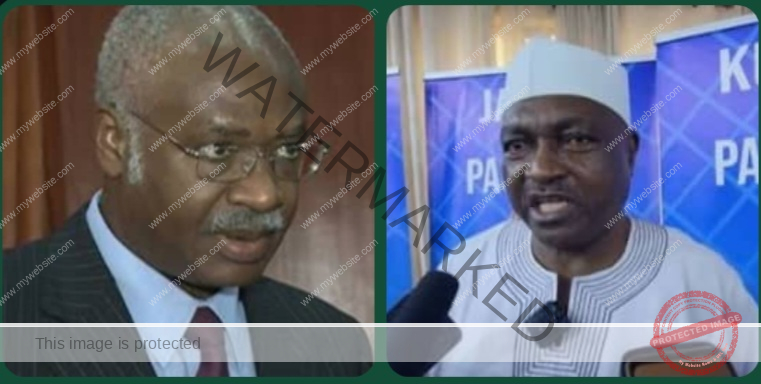
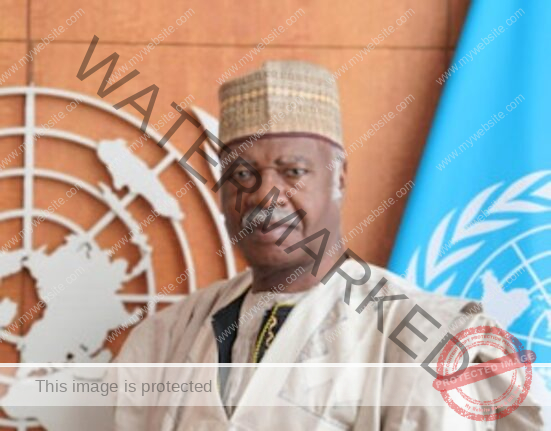
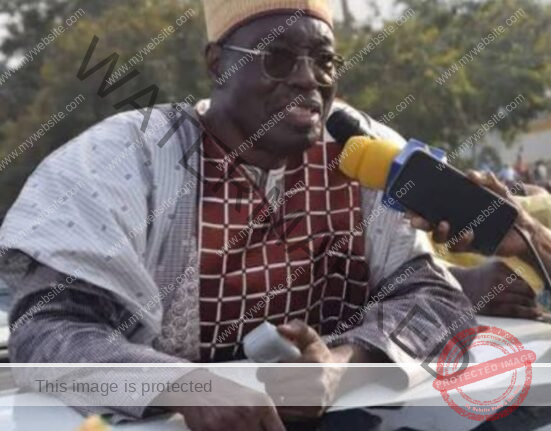
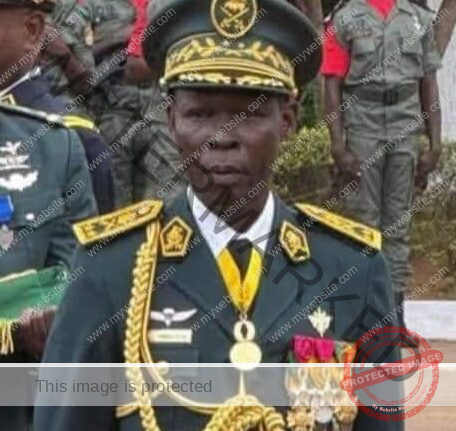
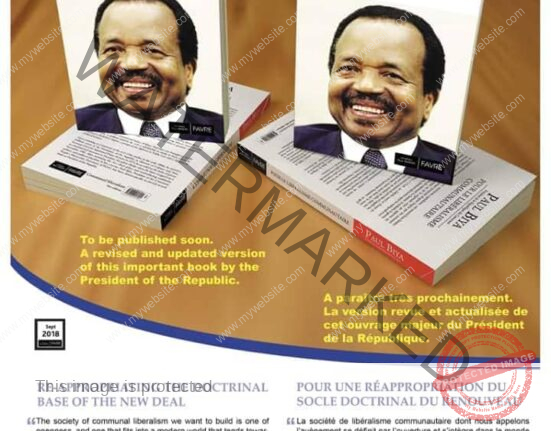
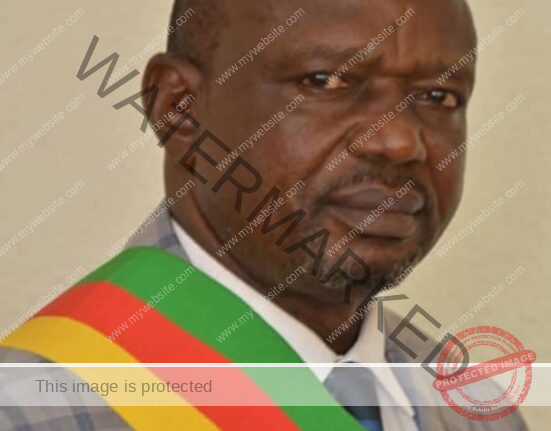
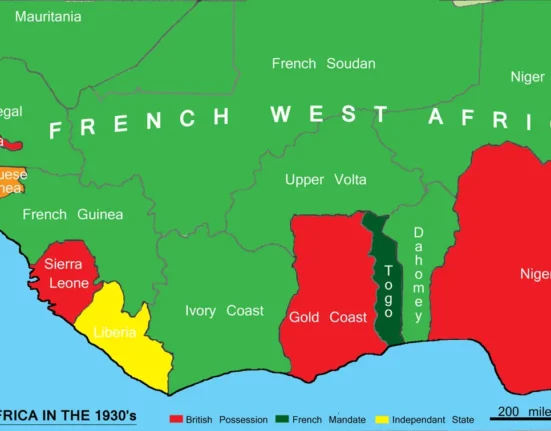

Leave feedback about this